A new trend is cooling down China: prepackaged ice cups.
The convenient containers filled with edible ice cubes are becoming a summertime staple, offering consumers a customizable and cost-effective way to enjoy cold drinks.
"Homemade ice cubes easily melt, while the ice cubes in packaged cups sold at convenience stores can be kept for a longer time," said Xie Zhiying, 31, who works for an advertising company in Beijing."I usually pour orange juice into the ice cube cup and enjoy a cold drink after lunch."
He said "do it yourself" cold drinks are popular on Xiaohongshu, a Chinese lifestyle-sharing platform, with many young people sharing their methods of preparing different cold drinks using packaged ice cube cups.
"I bought out of curiosity at first, and found it was convenient and economical," Xie said. "A cup of ice cubes is usually sold for around 3 or 5 yuan (40 to 70 US cents) at convenience stores, and you can put whatever drinks or coffee you like into the cup to get yourself a refreshing cold drink. A cup of a regular handmade cold drink sold at a cafe will cost 20 or 30 yuan, which is far more expensive."
The trend has exploded on social media, with millions of users sharing their own ice cup creations.
By early this month, Xiaohongshu had over 10,000 posts about ice cube cups.
Beverage companies have taken notice, with some launching their own branded ice cups. However, surging demand has led to shortages and supply chain challenges.
Mixue Ice Cream and Tea, a beverage chain headquartered in Zhengzhou, Henan province, started to sell ice cube cups early last month for just 1 yuan a cup.
However, many customers complained that their orders were canceled by shop staff members, who told them there were "not enough ice cubes" soon after the product hit the shelves. The company apologized on the Sina Weibo micro-blog platform, blaming a supply shortage, and said supervision of stores' operations will be tightened to ensure a stable supply.
Industry insiders said ice cube cups have found a promising market in China, where sales of cold drinks have been enjoying stable growth in recent years.
In a report released in April, the life services platform Meituan and consultancy company Oliver Wyman said that 40 percent of consumers surveyed liked to take drinks — including liquor, beverages and milk — with ice. Meituan said sales of ice cubes on its platform had surged by 182 percent year-on-year in 30 days from late July to early August last year, and the number of businesses selling eatable ice had risen by 90 percent.
"Traditionally, Chinese people prefer hot drinks, but young people have shown an increasing preference for cool or cold drinks," Lai Yang, from the China General Chamber of Commerce, told Beijing News recently.
He said the growth of ice cube cup products and associated demand may turn them into a main product in the future, rather than a transitory bandwagon.
"The market competition in ice cup design may intensify, and companies should make continuous innovations to win more stable customers," Lai added.








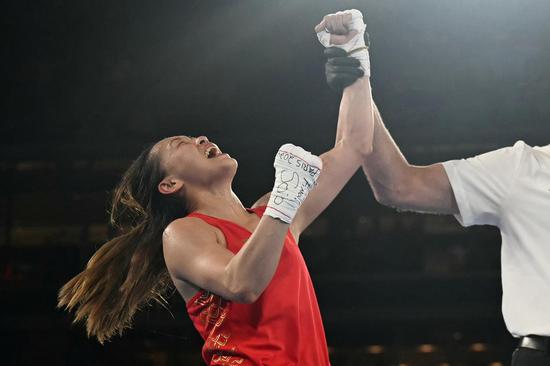
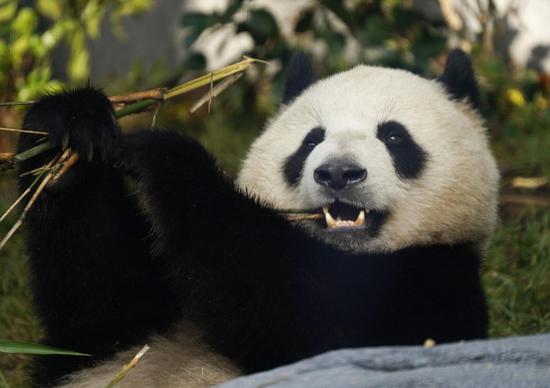
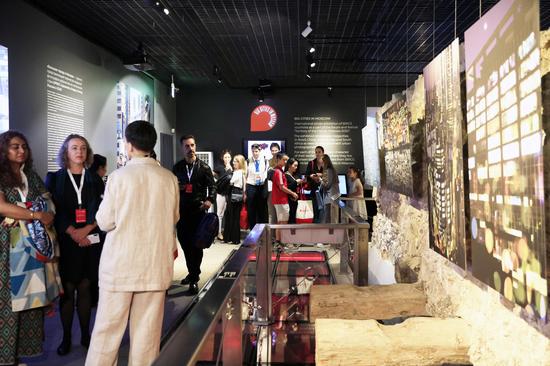
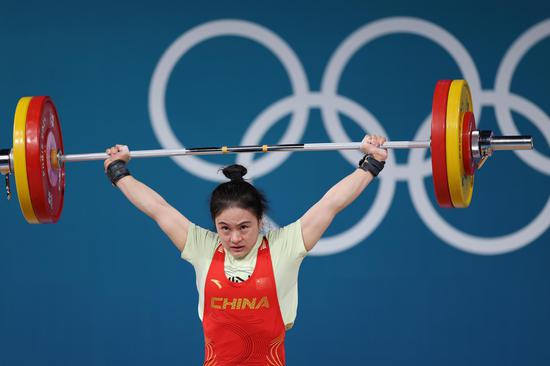
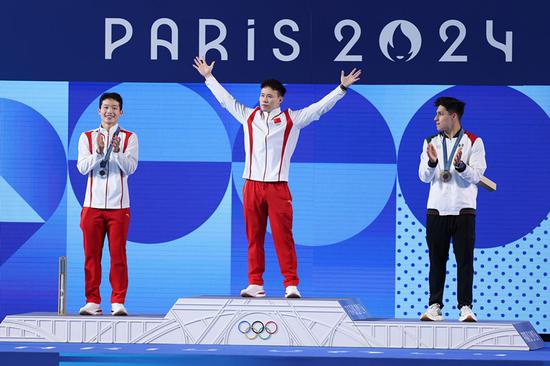

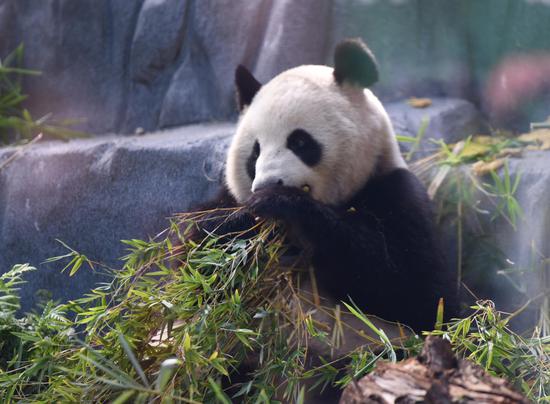
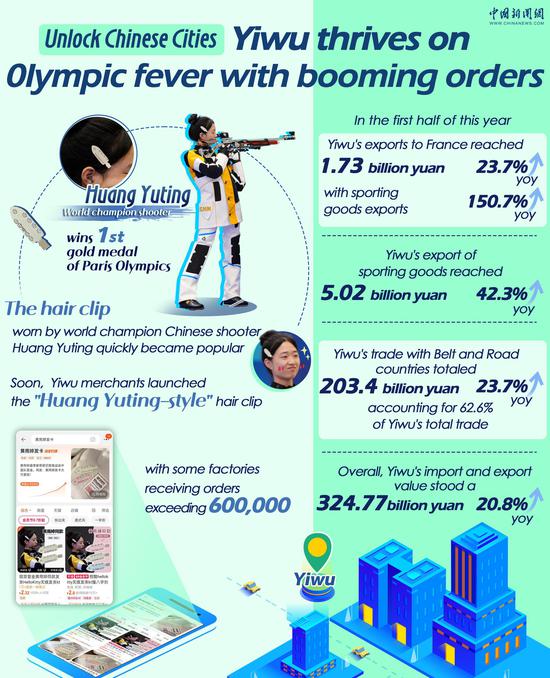
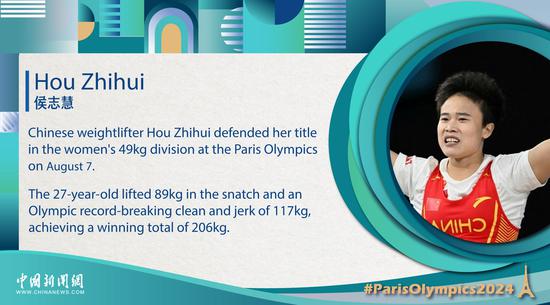
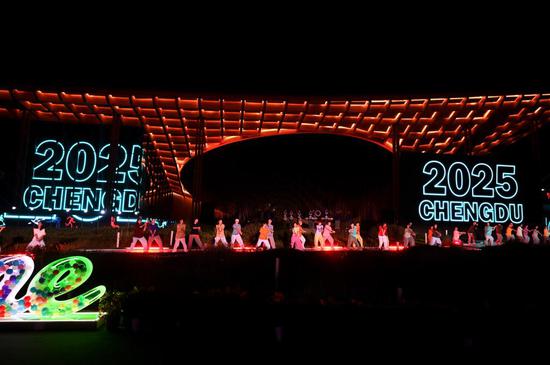
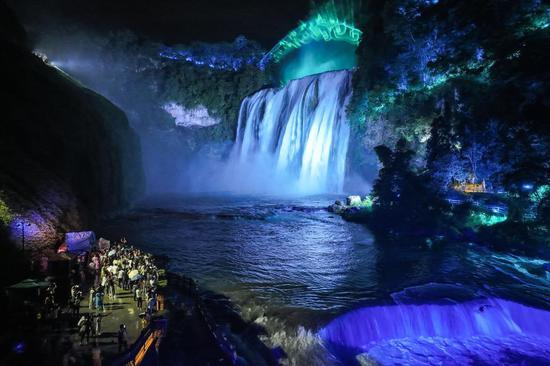
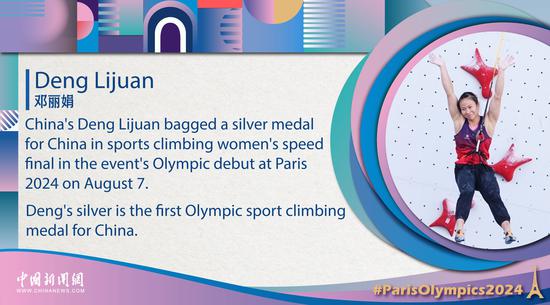

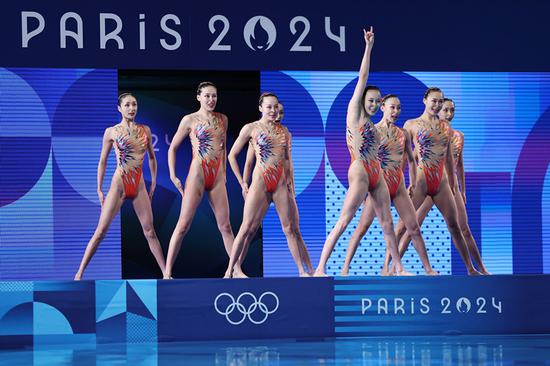
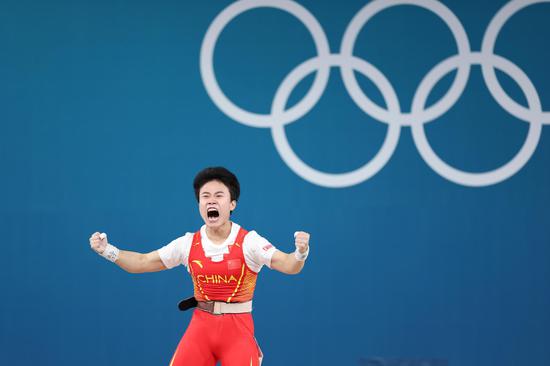
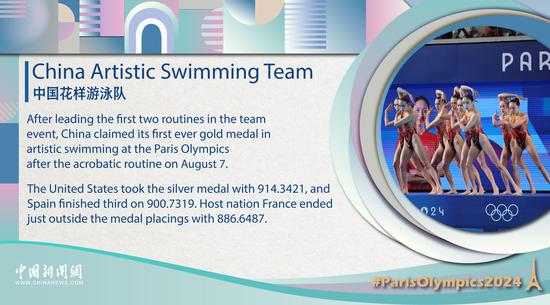

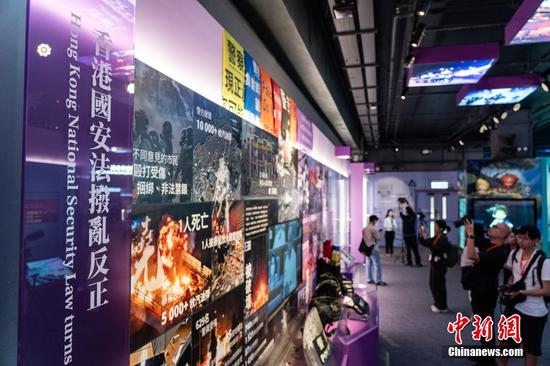
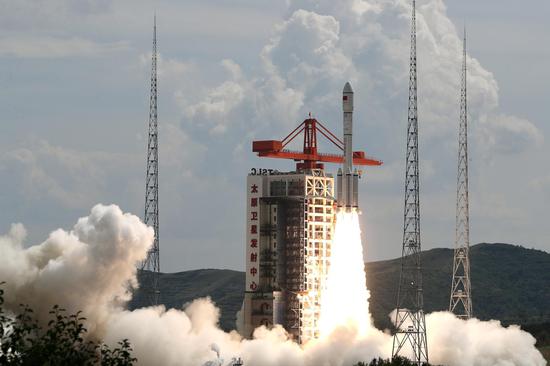
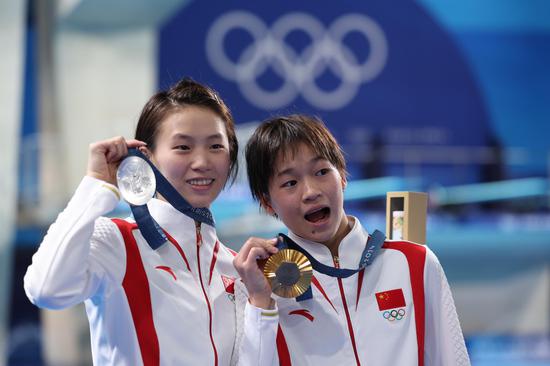
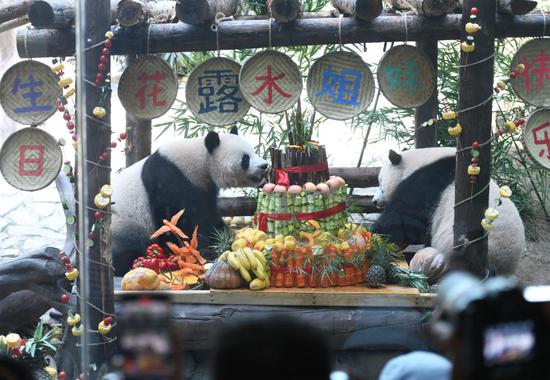
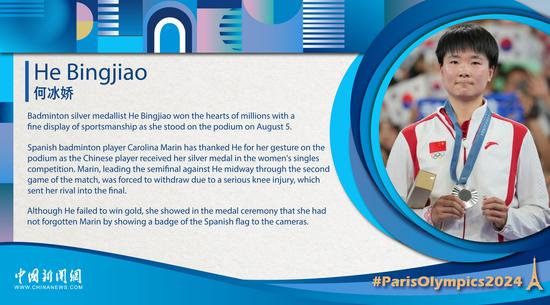
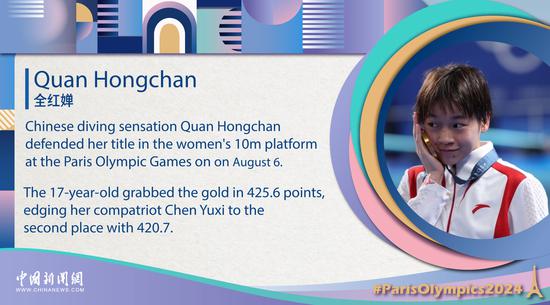

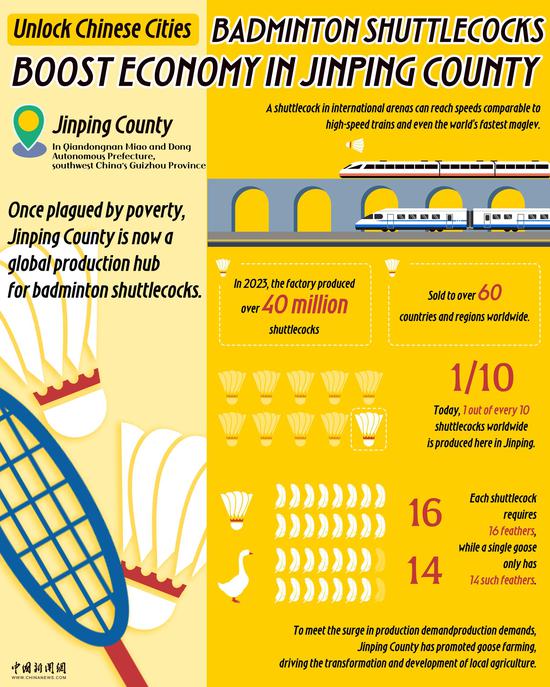

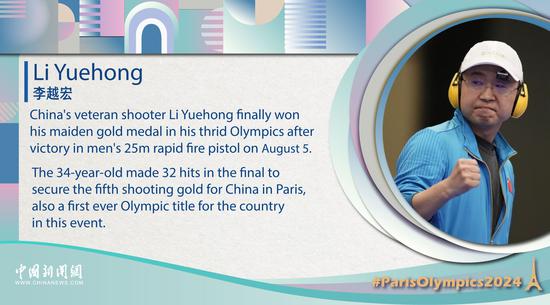
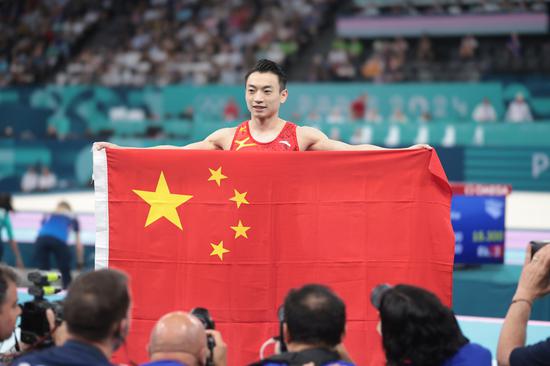

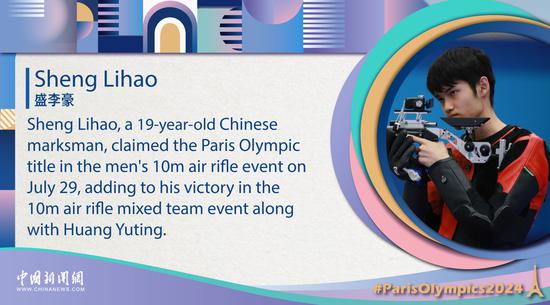
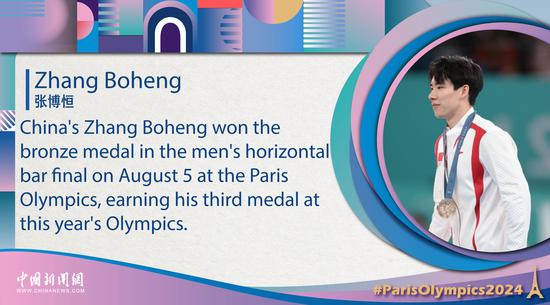
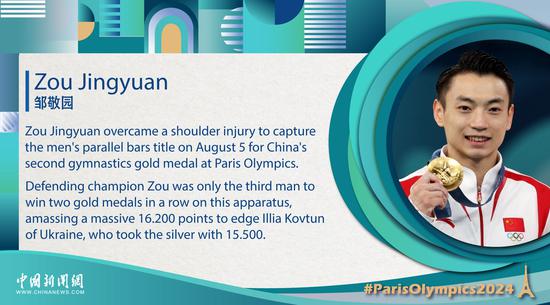
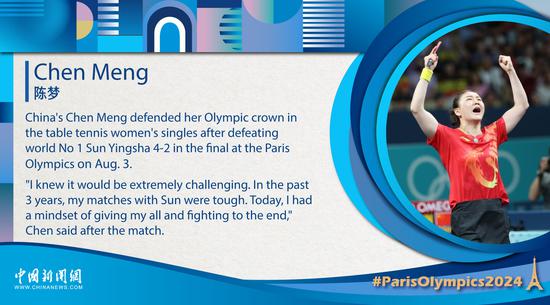

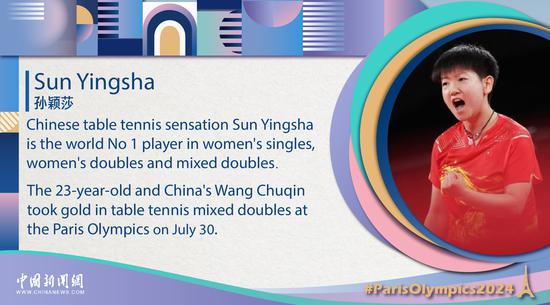
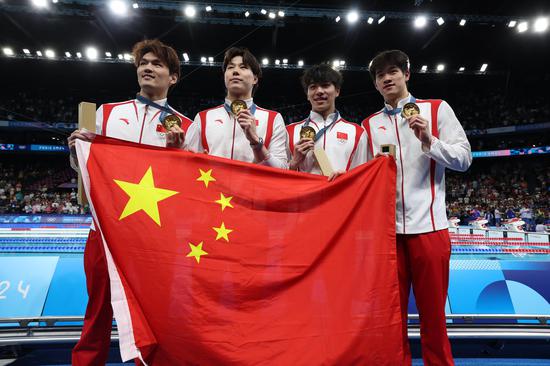
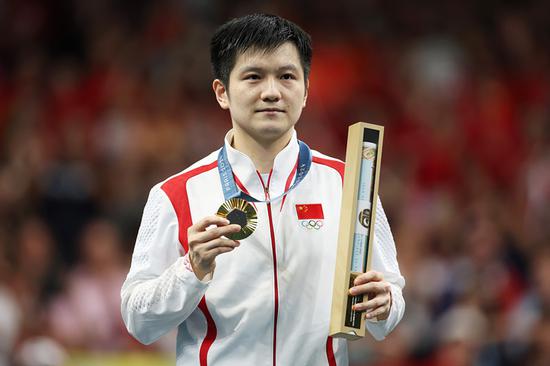

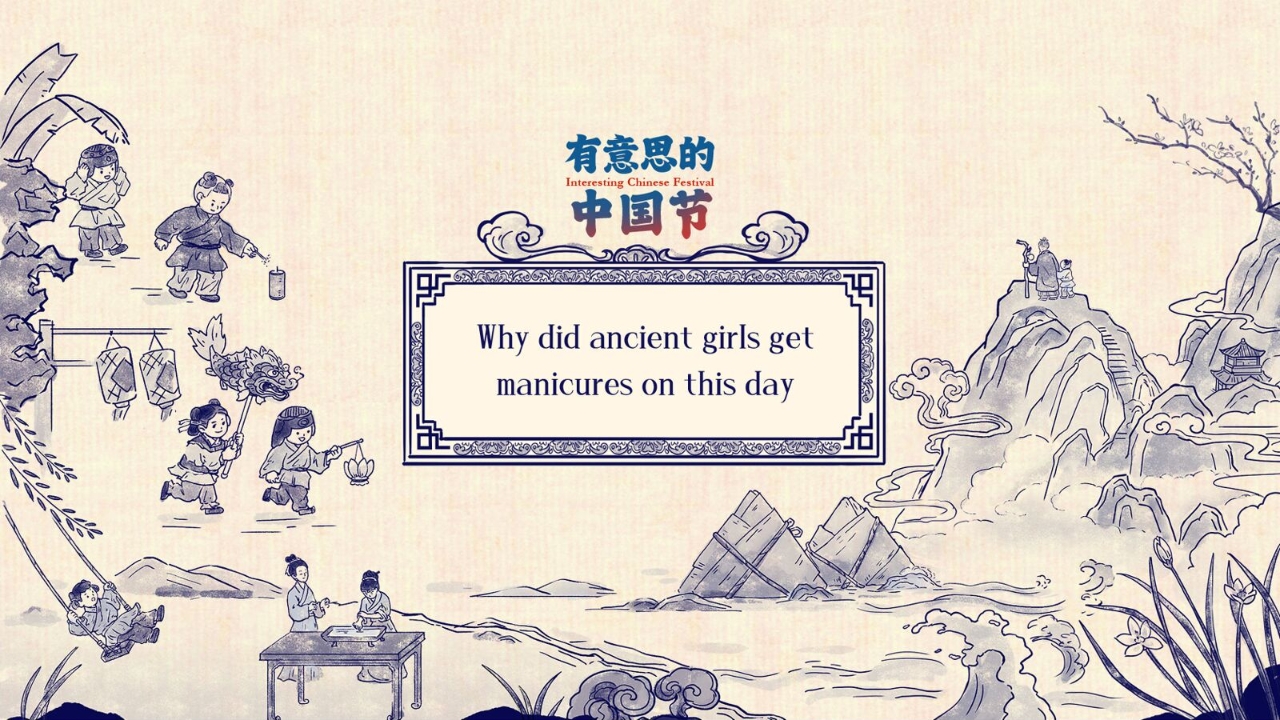



 京公网安备 11010202009201号
京公网安备 11010202009201号